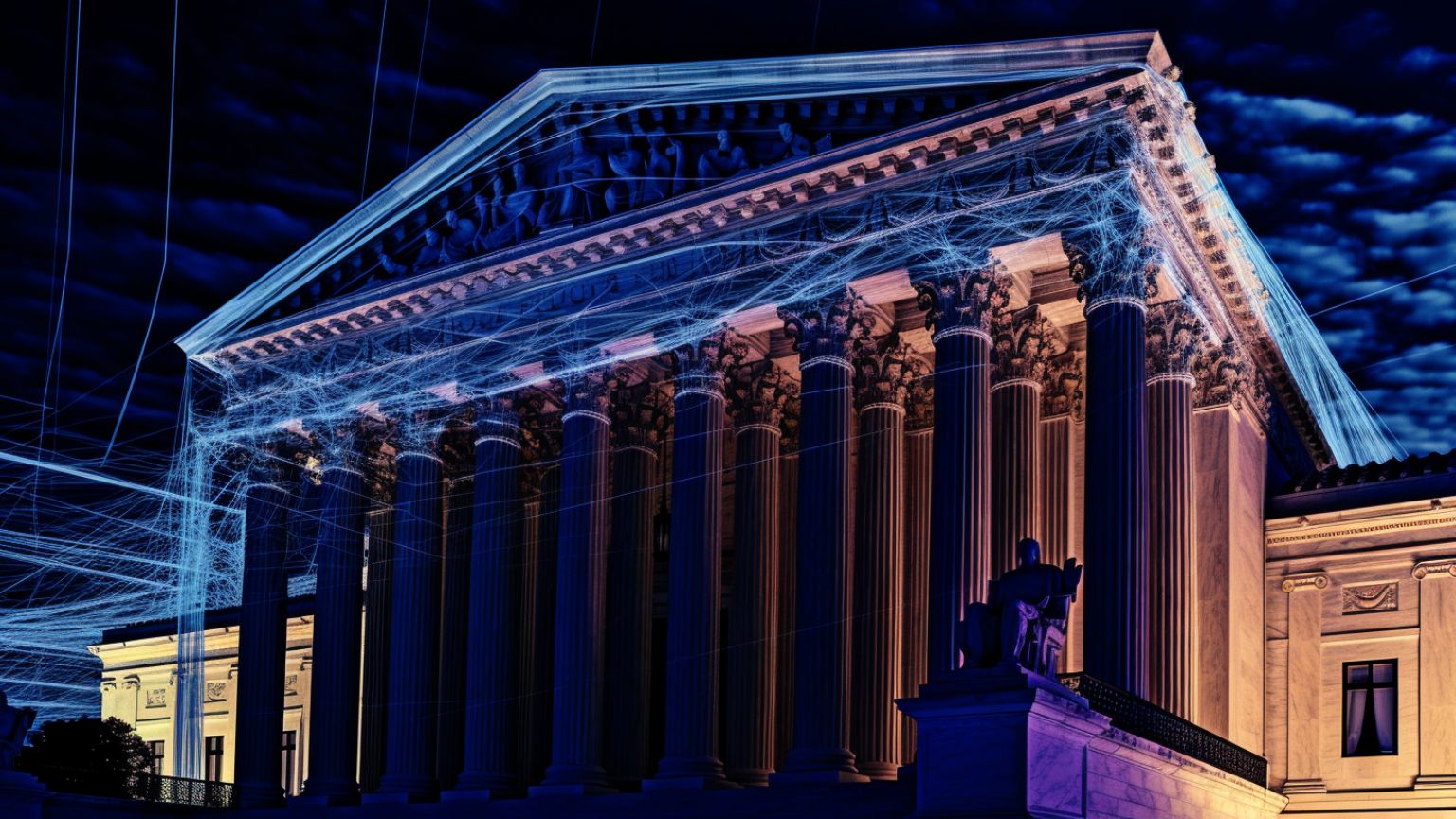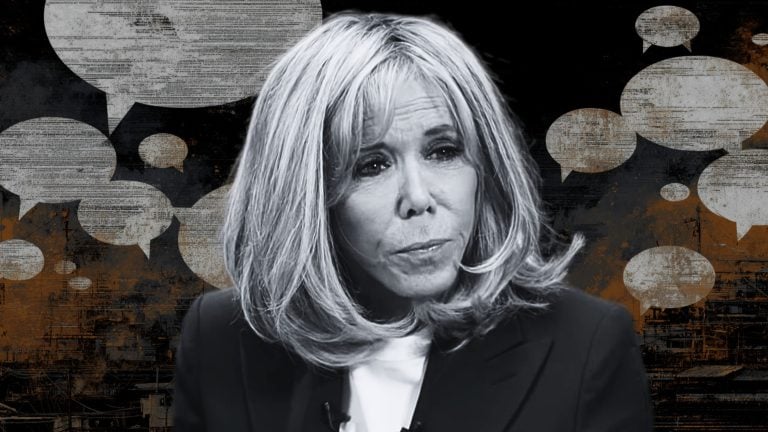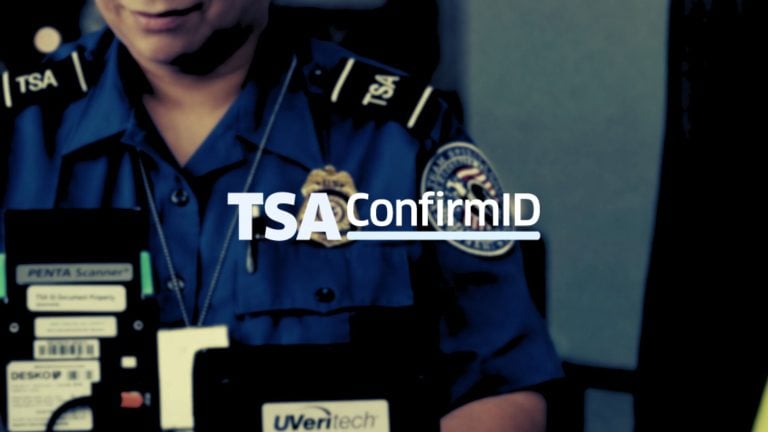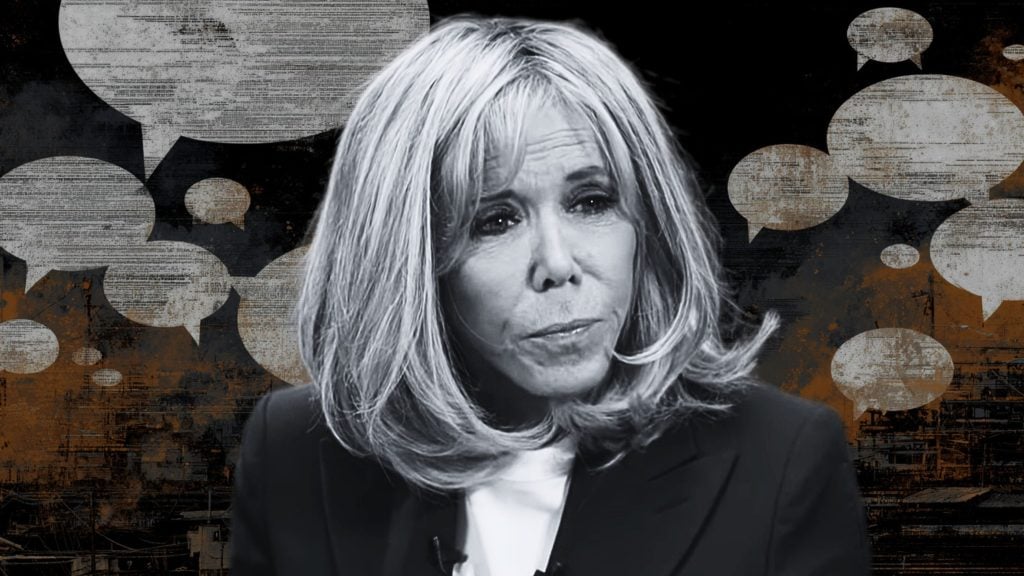The United States Supreme Court has agreed to review the legitimacy of two landmark laws from Texas and Florida aimed at preventing tech giants from censoring content posted on their platforms. This decision has been rightly hailed as potentially resulting in a pivotal constitutional judgment on how the rights enshrined in the First Amendment apply to tech dominions in an increasingly digital world.
Undeniably, social media platforms and tech companies have morphed into modern-day gatekeepers of information flow, with an immense capability to influence global dialogues. The legislations enacted by Texas and Florida in 2021, specifically Texas House Bill 20 (HB 20) and Florida Senate Bill 7072 (SB 7072), strive to curb such unmonitored power and have rightly been celebrated as harbingers of accountability in the virtual world. Both pieces of legislation afford users the legal means to challenge allegations of political censorship by social media platforms, which has sparked passionate debate on the fine line between moderating content for the sake of propriety and downright censoring diverse opinions.
Suffice to say, should these laws pass the supreme scrutiny, they could serve as blueprints for similar legislation in other states, underscoring the urgent need to prevent technocratic monopolies from suppressing innovative and differing viewpoints.
Yet, this proposed legal revolution has not gone unchallenged. Both laws were temporarily halted by federal courts, leading to their eventual elevation to the Supreme Court.
These state-based laws could potentially overhaul the way tech platforms handle user-generated content. Critics suggest this could make it cumbersome for tech platforms to police false information, so-called “hate speech,” or offensive material.
But from the perspective of champions of free speech and anti-censorship activists, this could be a step towards securing freedom of expression in a digital era where information flows are often dictated by Silicon Valley.
Texas’ HB 20 circumvents the likelihood of censoring individuals predicated upon their viewpoints or geographic locations. Similarly, Florida’s SB 7072, or the Stop Social Media Censorship Act, seeks to prevent bans on users due to their political leanings. These legislations have been applauded for safeguarding freedom of expression, perceived as a counter to purported Silicon Valley censorship.
Undeniably, these cases are complex, entwining constitutional, legal, and ethical predicaments. The pivotal questions revolve around the extent to which social media platforms can argue for their First Amendment rights while performing the roles of publishers, and how far they can go in moderating content without infringing upon the rights of users.
The Supreme Court recognizes that the influence tech companies wield on global discourse is enormous, and this forthcoming decision guarantees that the universal right to freedom of speech will not go undefended.










